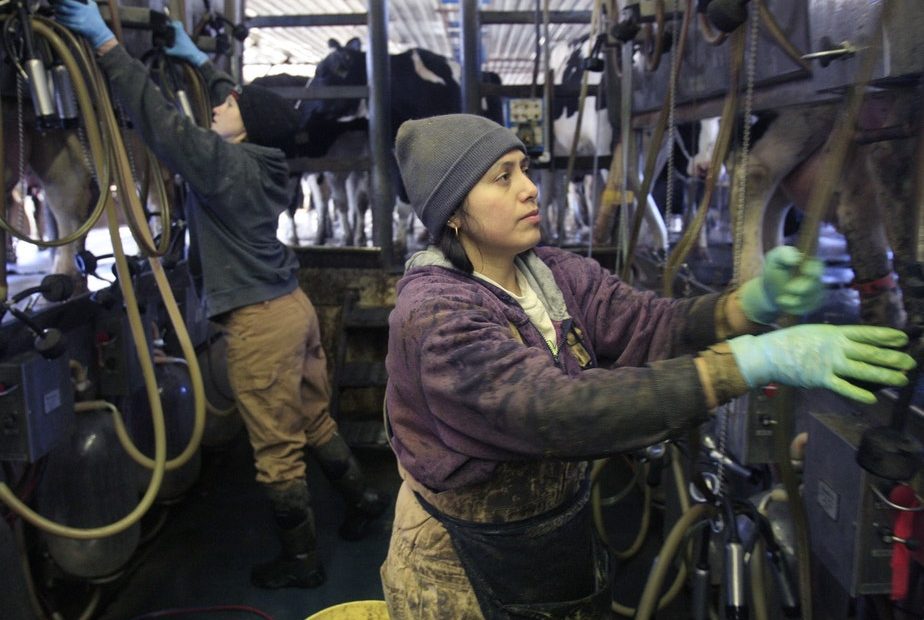
Tax Form Typo Or Undocumented Employee? Federal Government Again Sends ‘No Match’ Letters

READ ON
For the first time in seven years, the Social Security Administration is sending “no-match” letters.
These notices alert employers that something isn’t quite right with tax forms that were submitted by their employees.
Sean Hanagan, a business immigration lawyer says that for the most part, the problem is a typo.
“It could be a name not matching or a date of birth,” he said. This often happens after a worker gets married or files for divorce.
Hanagan said that in a small number of cases, that letter from the feds could mean the employee is using a false social security number.
The practice of sending these “no-match” letters started in 1993. Litigation followed because some employers wrongly terminated their workers. In 2012, the Obama administration decided to stop sending the notices.
But last spring, the Social Security Administration announced it would resume the practice.
In March, the administration sent out 450,000 letters nationwide. Hanagan believes it’s connected to President Trump’s executive order ‘Buy American, Hire American’ that prioritizes U.S. workers through tougher enforcement of immigration laws.
“The Social Security Administration does not have any way to penalize employers,” Hanagan said. He said he could see a future in which employers who don’t act on the notices are knocked as part of an audit.
The letters stress employers are not to fire workers but does ask for corrections within 60 days.
The Social Security Administration was not available for an interview but in a statement said they are “committed to maintaining the accuracy of earnings records”
The administration said that if it cannot match a name and social security number, as reported on tax forms, they cannot credit earnings to an employee’s record.
Copyright 2019 KUOW
Related Stories:

Lewiston-based insurance company pulled Asotin MedAdvantage plans, citing growing financial pressure
In Asotin County, Washington, just over a quarter of the population is 65 or older. This year, a locally based insurance provider pulled its Medicare Advantage plans in the county.

Frustrated Idaho constituents say they fear for Social Security at Lewiston town hall
A Lewiston town hall hosted by former United States Congressmen drew roughly 200 attendees on March 22nd. N-W-P-B’s Rachel Sun reports.

Mid-Columbia farmers cautiously optimistic about second Trump administration, farmworkers feel differently
Farmers, and a future farmer, regard a new John Deere swather at RDO, a large tractor dealership in Pasco. (Credit: Anna King / NWPB) Listen (Runtime 4:07) Read In Pasco















